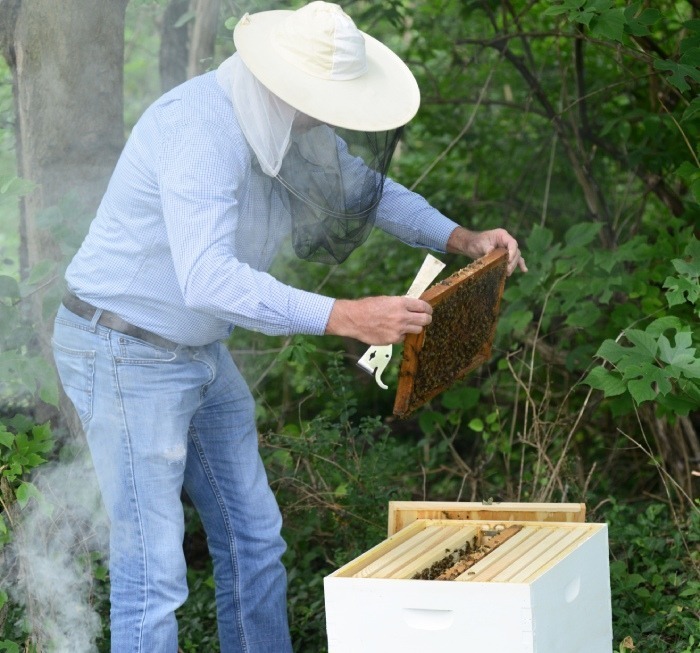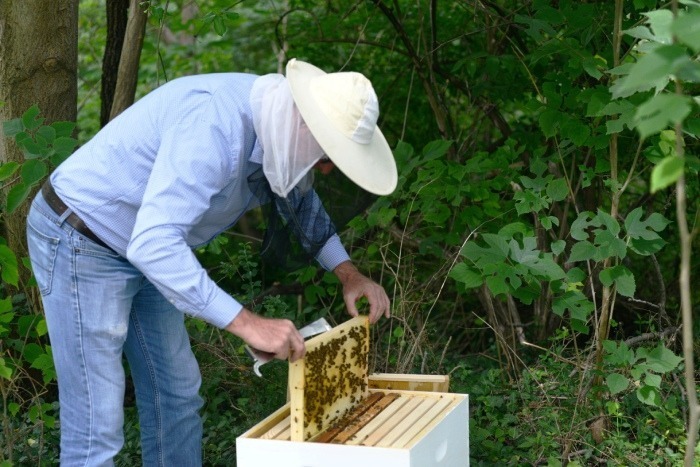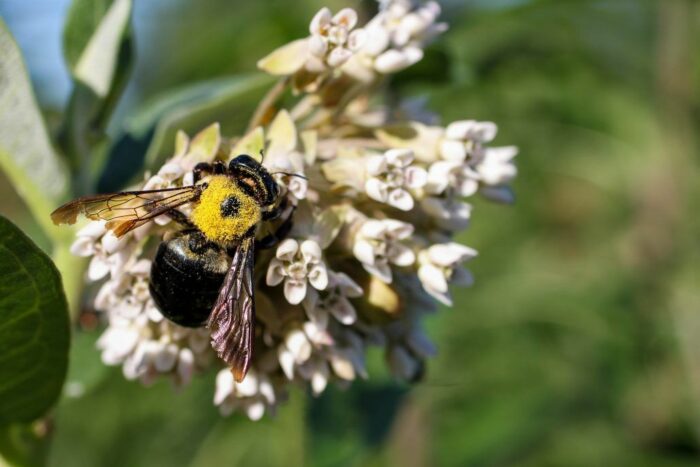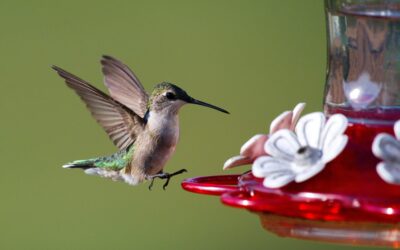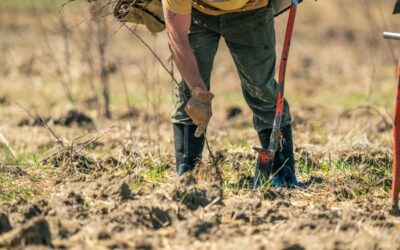Beekeeping has exploded in popularity in recent years as more and more people become aware of the plight of pollinators. And what many are discovering is that honeybees are fascinating insects and tending them is a rewarding hobby that comes with a sweet payoff.
Want to join in? Here are a few things to consider to get started.
Get the OK
Be sure to check the laws and ordinances in your area before you spend money to start beekeeping. Some areas have restrictions. What’s more, many states require you to register your hive with the state apiarist. And while you’re at it, it’s a good idea to get buy-in from your family and neighbors ahead of time as well.
Find a Mentor
Becoming a knowledgeable beekeeper takes time, and there’s no substitute for experience. You can make the process go smoother and prevent costly mistakes by enlisting the help of someone who’s been there and done that. Consider joining your local bee club so that you can share in the collective wisdom of longtime beekeepers and perhaps find a friend who can help you out.
Plan Ahead
The first year of a hive’s existence is focused on building up enough honey to make it through the winter. (Don’t expect to harvest surplus honey your first season.) Starting a hive as early in the spring as possible—in Tennessee, April is ideal—gives your bees the best chance to store enough honey to make it. But to begin that early you’ll need to plan months in advance. Why? Demand is high for packaged bees, and suppliers begin taking orders in the fall and occasionally sell out. Get your order in early.
Pick the Right Spot
Place your bees in a spot that minimizes their interaction with people. If neighbors and children are a concern, it’s a good idea to surround your hive with a barrier—plants or a fence, for example—of head height. This will force the bees’ flight path to and from the hive to be above the level of people walking nearby.
Have Reasonable Expectations
There’s a saying among beekeepers:
How do you make a million dollars raising bees? Spend two million.
Know on the front end that you aren’t going to be rolling in cash from the sale of honey if you start a beehive or two. Your compensation will be a fascinating and rewarding hobby with honey being an added bonus.
We can all support bees and other pollinators in ways big and small. Start a hive or plant a garden for pollinators with native plants. Possibly the biggest way people can help is to support our public lands.
Public lands are held in trust for the good of all. They provide places for us to hunt, fish, and explore. But they also fuel the economy in many, many ways—from tourism to agriculture. Less than 25 percent of plant species would reproduce without pollinators. Natural places like our public lands provide huge opportunities for bees to thrive in the wild.
We recently started a hive in the backyard of our office in Nashville. Check out the photos below.
